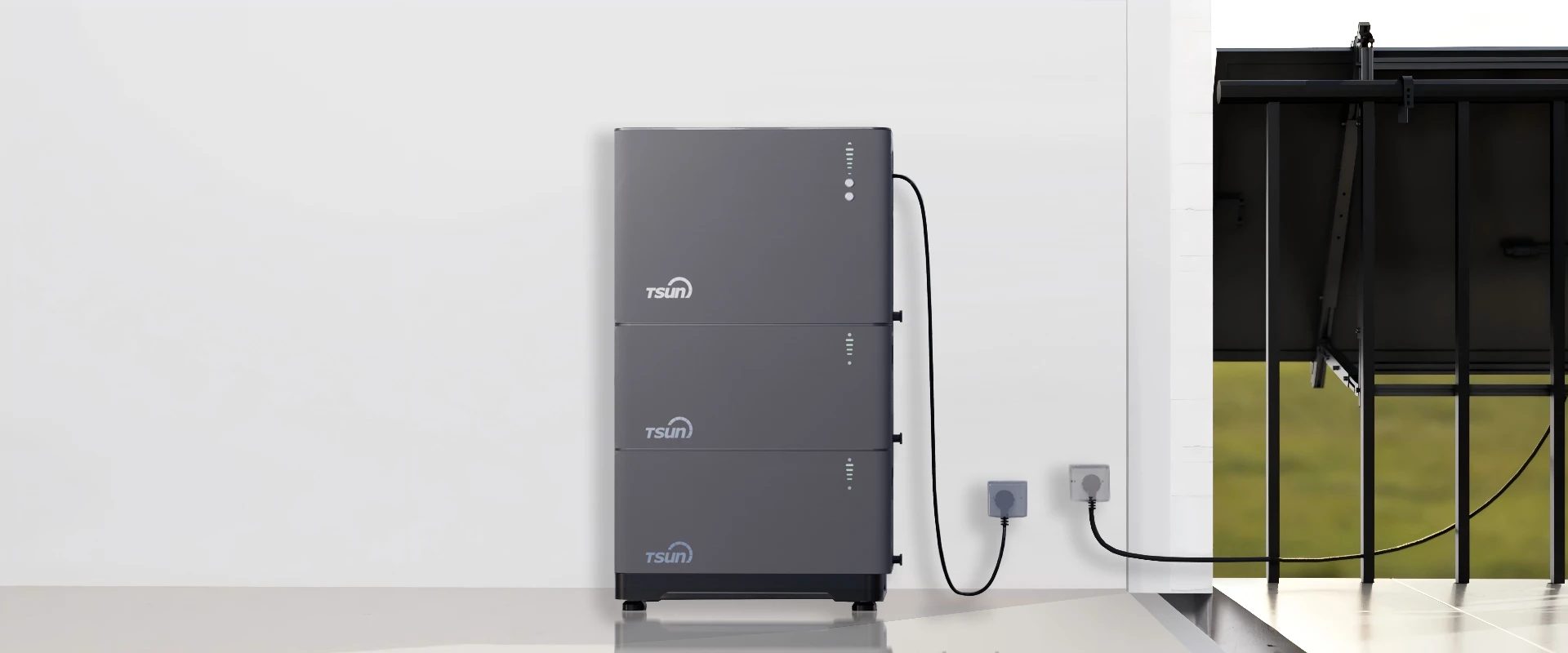In the evolving landscape of renewable energy, the micro hybrid inverter has emerged as a transformative technology, reshaping how we harness and utilize solar power in residential and small commercial settings. This article delves into the cutting-edge features, practical applications, and the exceptional benefits of micro hybrid inverters to illuminate their growing significance.

Micro hybrid inverters are a sophisticated combination of solar microinverters and hybrid inverters. Unlike traditional inverters, which convert direct current (DC) from solar panels into alternating current (AC) for use or storage, micro hybrid inverters offer decentralized control at the panel level and integrate energy generation with battery storage and the grid. This versatility enhances the flexibility and reliability of solar power systems, making them highly efficient, especially in environments with variable sunlight.
One of the standout advantages of micro hybrid inverters is their ability to optimize energy management. They efficiently handle the energy flows between solar panels, batteries, and the grid. When solar generation is high, and energy demand is low, excess power is stored in batteries for later use. Conversely, during high demand or low sunlight, stored energy can be deployed, ensuring a consistent energy supply without relying solely on the grid. This functionality not only increases energy independence but also offers potential savings on electricity bills by reducing peak energy usage costs.

From an installation perspective, micro hybrid inverters provide significant practical benefits. By implementing a modular setup, where each panel operates independently, they mitigate the impact of shading, debris, or malfunctions in one panel on the entire system's performance. This decentralized approach means that maintenance and troubleshooting become notably straightforward, as issues can be pinpointed and resolved on a panel-by-panel basis. The simplicity of diagnostics and repairs minimizes system downtime, enhancing the reliability of the entire solar energy setup.
Furthermore, the adaptability of micro hybrid inverters to integrate with emerging smart home technologies makes them a future-proof choice for homeowners. These inverters often come with advanced monitoring capabilities, accessible via smartphone apps, allowing users to track energy usage and generation in real time. This insight supports informed decision-making on energy consumption, reinforces sustainable living practices, and maximizes system efficiency.
micro hybrid inverter
In the realm of renewable energy systems, the authoritative knowledge and technical expertise embodied by micro hybrid inverters position them as an ideal choice for those seeking to optimize their domestic energy solutions. Their incorporation into a home's energy strategy can significantly boost efficiency and sustainability, proving indispensable for environmentally-conscious consumers and tech-savvy homeowners alike.
The trustworthiness of micro hybrid inverters is bolstered by their compliance with stringent industry standards and certifications, ensuring they meet high-performance benchmarks and safety criteria. Furthermore, leading manufacturers invest heavily in research and development, constantly innovating to enhance inverter capabilities and reliability. By selecting products from reputable brands, consumers can confidently invest in systems backed by warranty and support, ensuring long-term satisfaction and performance.
The burgeoning interest in micro hybrid inverters is largely driven by tangible experiences reported by users. Many homeowners have documented notable reductions in their energy bills and appreciate the autonomy offered by these systems in managing their energy needs more effectively. Industrial experts also emphasize the scalability and adaptability of micro hybrid inverters, praising their role in advancing renewable energy adoption and reducing carbon footprints globally.
In conclusion, micro hybrid inverters represent a fusion of technological innovation and eco-friendly practice, addressing the critical energy management challenges faced by modern homes. Their multifaceted benefits, ranging from enhanced energy efficiency and reliability to ease of maintenance and smart integration, make them a pivotal choice for sustainable energy solutions. As this technology continues to evolve, its role in transforming residential energy landscapes promises a more sustainable, self-sufficient future.
 LEARN DETAILS
LEARN DETAILS



